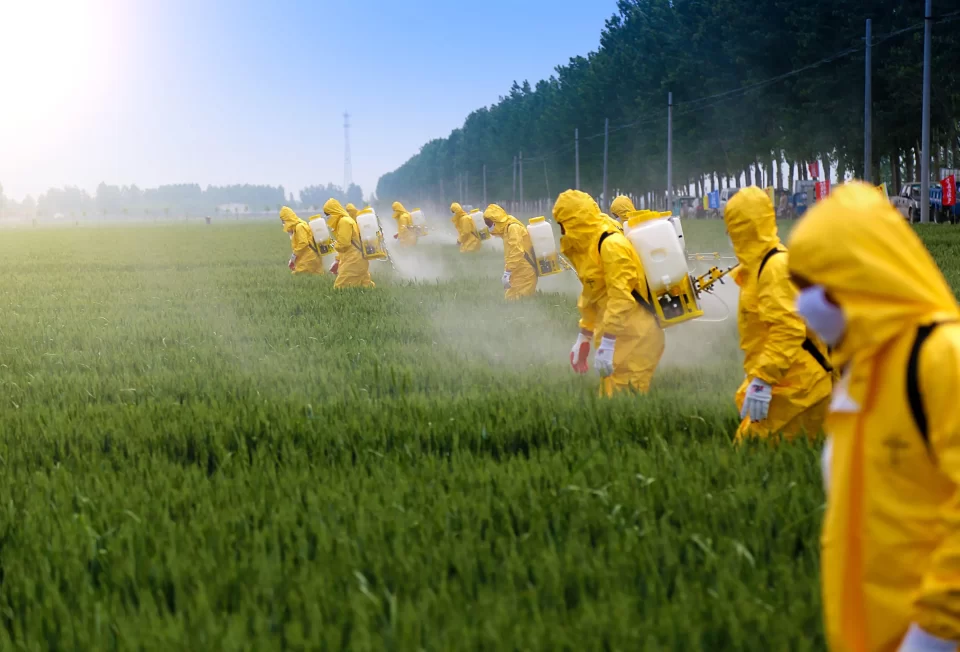November 11, 2023
A report by the Food and Agriculture Organization (FAO) revealed a dark side of the effects of agriculture and the food industry on humanity, which causes the loss of thousands of billions annually.
The food industry currently imposes unforeseen costs on health, the environment and society amounting to more than 10 billion dollars annually, as it causes obesity, nitrogen emissions and nutritional deficiencies, according to FAO estimates.
For the first time, in its annual report on the “Global State of Food and Agriculture,” the organization conducted a quantitative measurement process that included 154 countries.
The aim is to obtain better information on the “true cost of food” to make possible adjustments in the areas of taxes, subsidies, legislation and regulation.
According to FAO calculations, approximately 73 percent of unforeseen costs are related to bad foods that are very high in fat or sugar or are ultra-processed, and can cause obesity and diseases such as diabetes, which in turn lead to production losses.
The problems especially affect high-income countries. About 22 percent of the costs are related to the environment, after the FAO calculated emissions of nitrogen, greenhouse gases, and changes in land use, such as deforestation or water use.
The problems affect all countries, according to the organization, and the extent of their costs is often not appreciated.
The invisible costs associated with food industry worker poverty and malnutrition particularly affect low-income countries.
The organization’s analysis stated that costs amounted to $12,700 billion in 2020, or about 10 percent of the global gross domestic product. It affects low-income countries on a larger scale, as it represents 27 percent of gross domestic product, compared to about 11 percent in middle-income countries and 8 percent in high-income countries.
The Food and Agriculture Organization confirmed that there was a lack of certain data and that some impacts were not accounted for, such as exposure to pesticides, soil degradation, antibacterial resistance, or food poisoning.

The organization noted that it is also difficult to evaluate criteria such as the use of pesticides to increase productivity, which can reduce poverty but lead to environmental degradation in the long term.
To make its estimates, the FAO also stressed that it counted “unseen benefits,” explaining that some concepts such as cultural identity linked to food cannot be financially accounted for.
Taking into account all these elements, which could influence the analysis, the FAO considered it “very likely” that the costs in 2020 amounted to “at least 10 billion dollars.”
Does taking all costs of food production into account lead to higher prices? The report considers that this depends on the target costs and the tools used.
For example, taxes or regulations could be imposed on farmers or food manufacturers to encourage them to move away from bad environmental practices, while advising them on how to reduce unforeseen costs, the organization says.
Using public funds to spread healthier, more sustainable food systems does not affect household budgets, but “in the long term, improved public health leads to increased productivity and can translate into higher household incomes,” according to the Food and Agriculture Organization.
After developing a preliminary estimate of costs, the organization plans to devote its annual report for the year 2024 to a targeted and in-depth evaluation, with the aim of highlighting the best ways to move
FAO,, alarab

